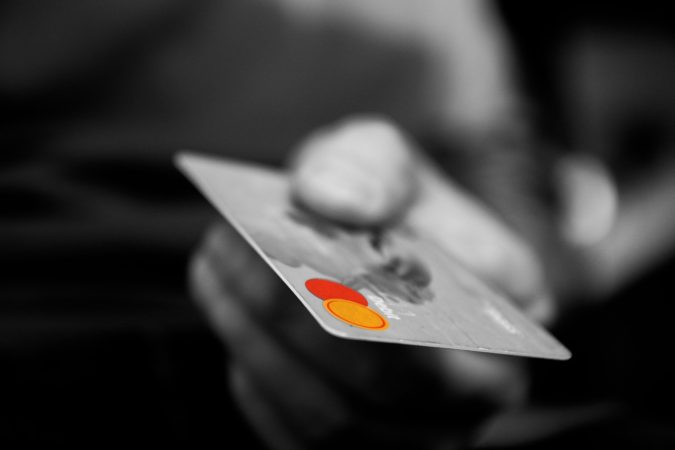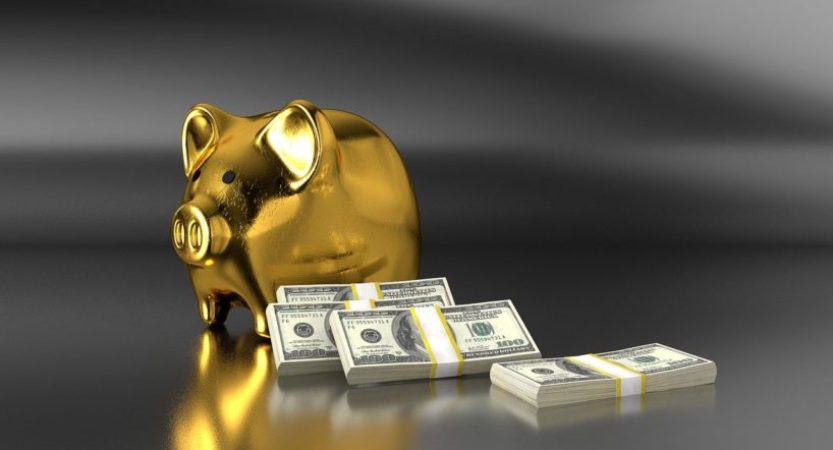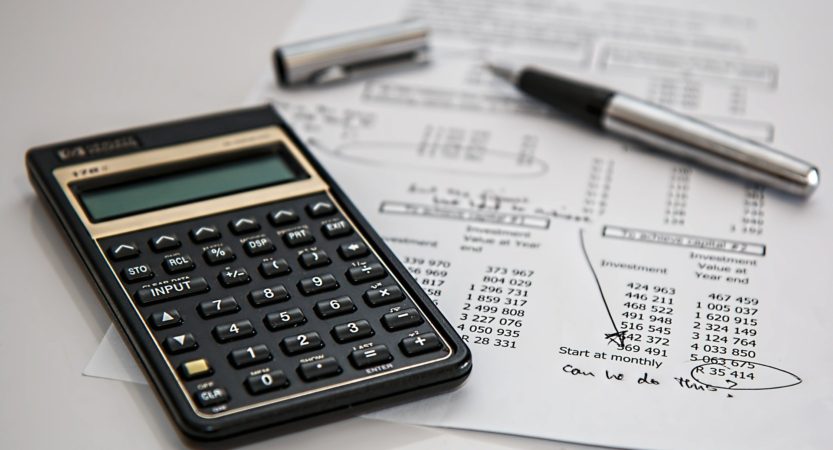I would presume it is safe to say that one does not particularly like to owe money. However, most of us end up having debt at one point or another in our lives, be it our credit cards, a car loan, a personal loan, student loans or the good old home loan. It is fair to question why we end up with debt even though we are not particularly fond of it. I guess the answer is simple, in that we live on this planet for a limited time and wish to make the most of this short life and thus end up spending money on materialistic things that provide convenience and gratification in differing levels.
Also if you come to think of it, the world would not function or be where it is without debt. We all need to work to earn money, and jobs would not be created without debt. If you think of the very first business that was ever conceived, in order to grow the business and provide jobs to others, the business would have had to take a loan at some point, most likely at its inception. The world currently is in net debt and will always be so. You can always check out the Global Debt Clock by the Economist to get a real picture of the debt owed by this world.
So I guess the next question would be how do we manage all this debt we ended up with?
Credit Cards
The thumb rule is to start paying off the debt with the highest interest rate. This would most likely be your credit card debt if you have one. A lot of people pay off their credit card bill at the end of the month which is great, however many only pay the minimum owed and this is the start of a vicious cycle of being in debt.
How I use my credit card
Until a couple of years back I never owned a Credit Card, because as a Financial Advisor I met innumerable clients with large Credit Card debts and I never wanted to go down that rabbit hole. However, there was an instance of fraud that took place with my debit card and that forced me to research for safer options when I realised how a Credit Card could be beneficial.
As I mentioned above, no one likes being in Debt and for that very reason I do not like living on Credit. Which means I do not use my Credit Card to help me buy stuff I cannot afford at the moment. What I do instead is; whenever I spend on my Credit Card, I immediately keep an equivalent amount aside. You can keep this in your regular bank account or a separate bank account, or you even have bank accounts that let you bucket your money and a bank account like that would come in handy for this.
What this ensures is, I always have money to pay off my credit card bill down to the exact cent. This also helps me keep tally if there is a mismatch between what I have kept aside and what the bill says. This will help you check for transactions you never made or never knew about.
If you are a primary cardholder and have multiple additional card holders, then this method works really well to make sure you know where and when money is being spent and you don’t have a huge shock in terms of a bill waiting for you at the other end.
Balance Transfer Credit Cards
Another helpful way if you have decided to start paying off your credit card debt is to see if you can transfer your balance to another credit card for an interest free period. This gives you that time to focus and pay off your debt without interest piling up on your balance. This is a very potent short-term strategy to pay off your credit card debt. Check out the following page to see how much you can save with a balance transfer.
Paying off your Credit Card can save you a guaranteed 15% - 20%. No other investment can guarantee those double digit returns. So it is possible that paying off your 'Debt' can be a better investment than actually investing.
Personal, student & Car Loans
Personal Loans would be next in line to pay off as they also have pretty high interest rates. This would be followed by paying off your student loan if you have one. A note here that some countries provide their citizens with student loans at a minimal interest rate which you only need to start repaying after you earn a certain income, and in this instance you would be paying off your student loans last. But for countries who do not have this provision and students need to borrow from banks, the interest rates are pretty high and this should be paid off as soon as possible.
Your car loan would be next in line to be paid off as the interest you should be paying should be relatively low. A tip would be not to always go along with the financing options provided by your car dealer. It may be convenient but may cost you a lot more in the long run. Do your research and talk to brokers, there are always better and cheaper options out there.
Home Loans / Mortgage
Your home loan should be the cheapest debt that you have and would be last in line for that reason and also for the reason that it would most likely be your largest debt. There are a lot of ways to pay off your home loan faster, one of them being a ‘Debt-Recycling Strategy’ which is complicated and high risk but over the long term is definitely an option one can consider.
A lot of individuals feel because their home loan is the largest amount that they owe, that should be the first one they start paying off and that is a huge mistake.
Offset Accounts
A good way to save money on your home loan is to put money into your offset account. The precursor to that is ensuring you get a home loan which offers you an offset account as a facility. An offset account is a savings or transaction account which will be linked to your home loan. The way it works is it ‘offsets’ the amount in your account against your home loan balance. In lay man terms, if your home loan balance is $500,000 and your offset account balance is $10,000, then you will only be charged an interest on $490,000. This ends up saving you a lot of money in the long term.
In conclusion I would say that be very cautious about what kind of debt you acquire in your lifetime and how you acquire it. Use your Credit Card wisely and it will serve you well. Finally, when you decide to start paying off your debts; then the order above should guide you on how to get started, how to prioritise paying off your debts and what to look out for.




